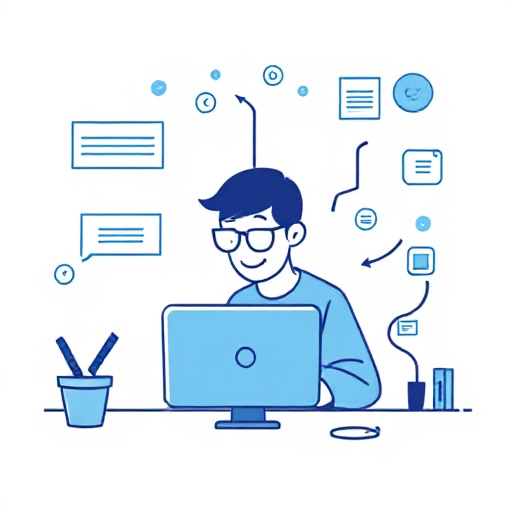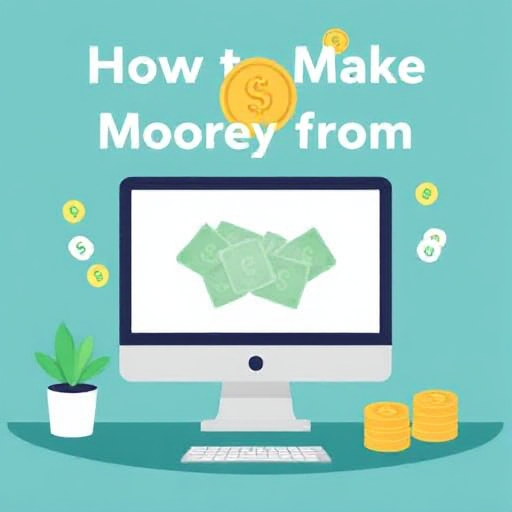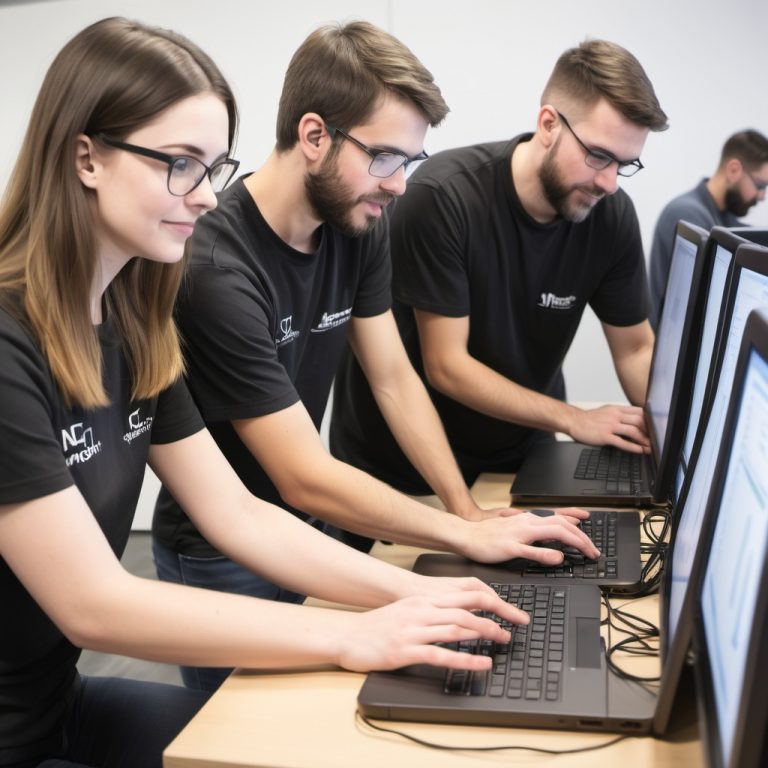
In today’s digital age, coding is one of the most valuable skills you can learn. Whether you want to switch careers, build your own projects, or simply understand how the technology around you works, learning to code is a rewarding journey. If you’re starting with no experience, this guide will provide you with a clear roadmap to kickstart your coding adventure.
1. Understand What Coding Is
Coding, also known as programming, is the process of writing instructions for computers to execute. These instructions are written in programming languages, which are tools that allow humans to communicate with machines. Some common languages include Python, JavaScript, and Java, each designed for specific tasks.
2. Define Your Goals
Before diving in, identify why you want to learn to code. Are you aiming to build websites, develop apps, analyze data, or automate tasks? Your goals will help determine the best programming language and resources to start with.
- Web Development: Learn HTML, CSS, and JavaScript.
- Mobile App Development: Explore Swift (iOS) or Kotlin (Android).
- Data Analysis and AI: Start with Python.
- Game Development: Look into C# or Unity.
3. Choose a Beginner-Friendly Language
For beginners, it’s best to start with a language that has simple syntax and a supportive community. Popular beginner-friendly languages include:
- Python: Known for its readability and versatility.
- JavaScript: Essential for web development.
- Scratch: A visual programming language perfect for younger learners or absolute beginners.
4. Use Online Resources and Platforms
There are countless resources to learn coding for free or at a low cost. Some popular platforms include:
- FreeCodeCamp: Offers free, structured courses on web development, data science, and more.
- Codecademy: Interactive lessons on a variety of programming languages.
- Khan Academy: Free courses covering the basics of computer science and programming.
- Udemy and Coursera: Affordable courses taught by industry experts.
- YouTube: Channels like Traversy Media, The Net Ninja, and Programming with Mosh provide excellent tutorials.
5. Start Small with Projects
Hands-on practice is essential for learning to code. Start with small, manageable projects, such as:
- Building a personal portfolio website.
- Creating a simple to-do list app.
- Automating tasks like renaming files or organizing data.
- Solving basic coding challenges on platforms like LeetCode or HackerRank.
6. Learn Problem-Solving Skills
Coding is not just about writing code; it’s about solving problems. Develop your problem-solving skills by:
- Breaking problems into smaller, manageable parts.
- Using pseudocode to outline your solution before coding.
- Practicing algorithms and data structures.
7. Join a Community
Learning to code can be challenging, but you don’t have to do it alone. Join online forums, attend local meetups, or participate in coding bootcamps. Popular communities include:
- Stack Overflow: Ask and answer coding questions.
- Reddit: Subreddits like r/learnprogramming offer advice and support.
- Discord and Slack Groups: Join coding-focused channels to network and collaborate.
8. Stay Consistent and Be Patient
Learning to code takes time and practice. Dedicate a specific time each day or week to coding. Celebrate small victories and don’t get discouraged by setbacks. Remember, every expert was once a beginner.
9. Experiment and Build Your Portfolio
As you gain confidence, start working on larger projects. Showcase your skills by creating a portfolio that includes:
- Websites you’ve designed.
- Applications you’ve developed.
- Contributions to open-source projects.
10. Consider Advanced Learning Options
Once you’re comfortable with the basics, you can deepen your knowledge through:
- Books: Read programming books like “Eloquent JavaScript” or “Automate the Boring Stuff with Python.”
- Advanced Courses: Take specialized courses on platforms like edX or Pluralsight.
- Certifications: Earn certifications like AWS Certified Developer or Google’s Mobile Web Specialist.
Starting to code without any experience can seem daunting, but with the right approach, it’s entirely achievable. By setting clear goals, leveraging online resources, and practicing consistently, you can develop coding skills that open doors to countless opportunities. Remember, persistence is key, and every line of code you write brings you closer to your goals.






